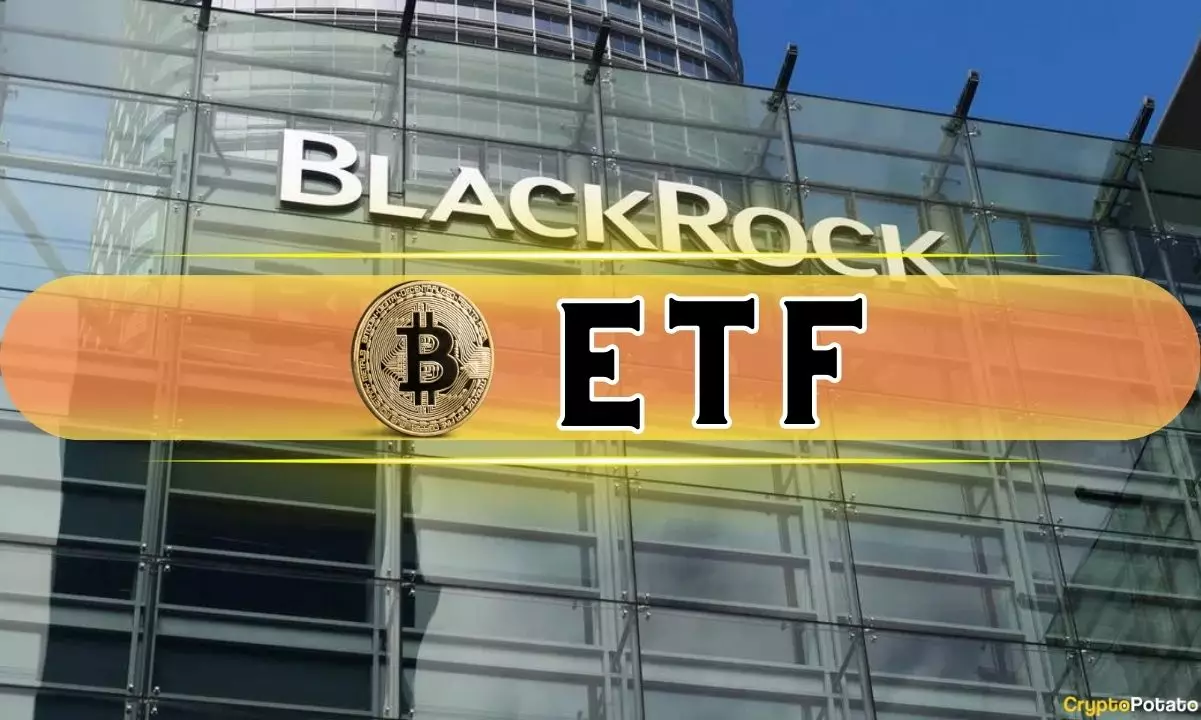The economic landscape around cryptocurrencies has witnessed an extraordinary transformation, largely driven by innovative financial products like exchange-traded funds (ETFs). At the forefront of this evolution is BlackRock’s iShares Bitcoin Trust (IBIT), which debuted on January 11, and quickly ascended to remarkable heights in asset management. IBIT has set a new benchmark, becoming the fastest ETF ever to reach $50 billion in assets under management (AUM), a feat that underscores its appeal among investors seeking exposure to Bitcoin through established financial channels.
Assets under management (AUM) represent the total market value of assets that a fund administers on behalf of its clients. In the case of IBIT, its AUM figure is a direct reflection of its ability to capture investor interest in Bitcoin, particularly in a spot market context. Unlike traditional investment funds, a spot Bitcoin ETF directly holds Bitcoin, making its value intimately tied to Bitcoin’s price fluctuations. This unique structure not only simplifies Bitcoin investment for the average consumer but also allows institutions to embrace cryptocurrency without venturing into the complexities of direct Bitcoin ownership.
According to Bloomberg analyst Eric Balchunas, IBIT reached its $50 billion milestone in a mere 228 days, a staggering achievement compared to the previous record held by the iShares Core MSCI EAFE ETF (IEFA), which took 1,329 days to achieve the same. This astonishing five-fold speed in reaching significant AUM levels illustrates the explosive interest in Bitcoin as a viable investment. IBIT’s ascendance has not only outpaced rival spot Bitcoin ETFs but has also eclipsed the long-standing dominance of Grayscale Bitcoin Trust (GBTC), indicating a seismic shift in investor preference.
The rapid growth of IBIT is indicative of a broader trend in the cryptocurrency marketplace—renewed investor confidence. With total net asset value (NAV) of spot Bitcoin ETFs reaching $108.23 billion, representing over 5% of Bitcoin’s market valuation, it is evident that institutional interest in cryptocurrencies is strengthening. IBIT’s impressive performance is further reinforced by its historical net inflow, which has surged to $33.34 billion. On December 4, a striking $571.71 million was funneled into IBIT alone, marking the highest inflow among its competitors on that trading day.
The phenomenon surrounding IBIT aligns with a major uptick in Bitcoin valuations, which recently soared to new heights, hitting an all-time high of $103,679. This surge is not merely coincidental; the burgeoning interest in spot Bitcoin ETFs has driven significant institutional investments into Bitcoin, further driving up its price. The synergy between the institutional embrace of Bitcoin and the ETF’s success provides a compelling narrative that could pave the way for future financial products in the cryptocurrency space.
The success of BlackRock’s iShares Bitcoin Trust marks a pivotal moment not just for the firm but for the entire investment landscape surrounding cryptocurrencies. As traditional financial instruments increasingly adopt digital assets, we may be witnessing the dawn of a new era where Bitcoin can be seamlessly integrated into mainstream investment portfolios, allowing a broader audience to participate in this crypto revolution. The metrics surrounding IBIT play a crucial role in shaping perceptions of cryptocurrencies, potentially establishing a robust pathway for future institutional adoption of Bitcoin and its counterparts.
















Leave a Reply